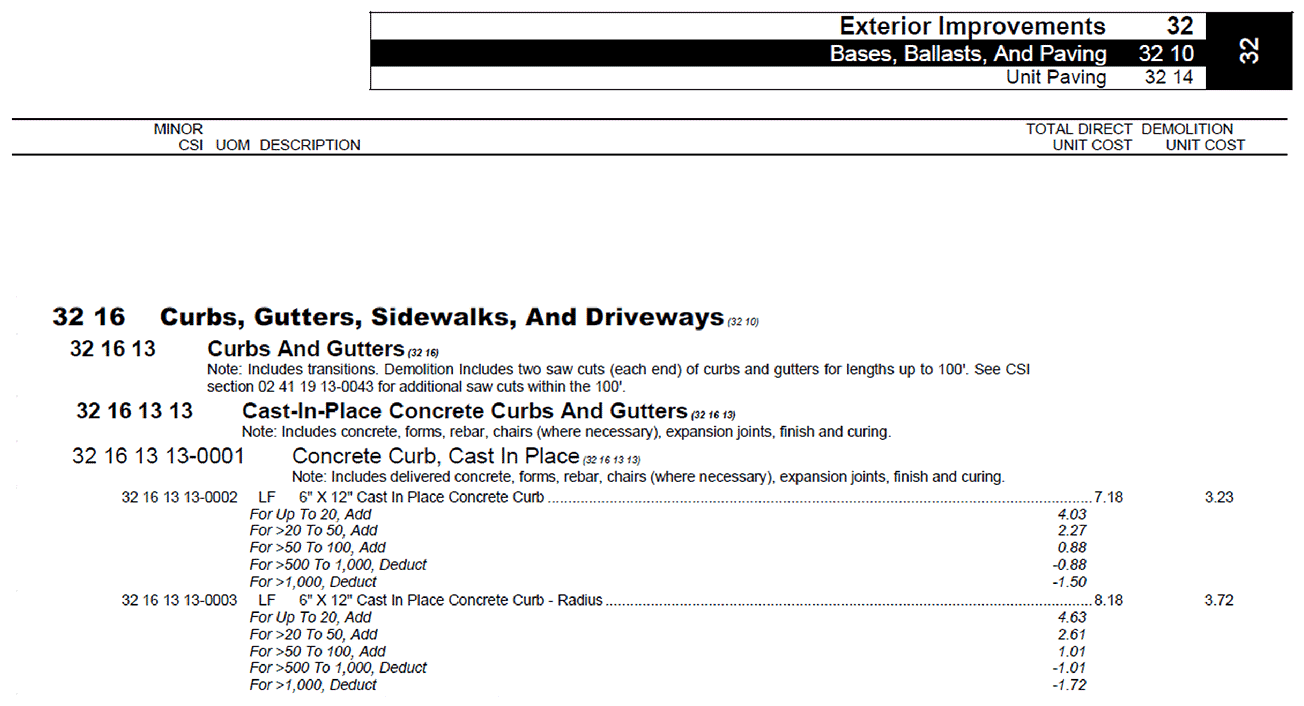Smarter Decisions
Streamlined Operations
Stronger Public Service
Federal government facilities leaders manage diverse portfolios of physical assets and must make careful decisions about capital and human resource allocation. This is incredibly difficult, especially given budget constraints, staff bandwidth and complex regulatory requirements.
To streamline the building management process while effectively spending taxpayer funds, the smartest agency leaders, savviest chiefs and most diligent DPWs turn to Gordian as their partner of choice.

Create Project Plans More Accurately and Efficiently
When federal leaders combine Gordian’s insights and expertise with RSMeans Data Online, our secure, FedRAMP-authorized technology, they are better equipped to evaluate needs and allocate budgets, improving decision-making across the enterprise.
Gordian’s Construction Cost Estimating Database
Gordian’s construction cost estimating database contains 85,000 tasks powered by more than 55,000 distinct materials, 600 equipment types and 42 labor trades crossing 970 North American locations.
Visit the Gordian storefront to buy the construction industry’s most trusted costs.
85,000
tasks
55,000
distinct materials
600
equipment types
42
labor trades
970
North American locations

Gain Efficiency and Cost Control Over Facilities Renovation and Construction Projects
Department and agency decision-makers improve contractor relationships, ensure fair pricing and run efficient projects with Gordian’s Job Order Contracting (JOC), an Indefinite Delivery Indefinite Quantity (IDIQ) end-to-end construction procurement method.
Guarantee Accurate and Local Project Costs With Gordian’s Construction Task Catalog®
The foundation of every Gordian JOC program is a Construction Task Catalog (CTC), a custom, procurement-specific Unit Price Book. Verified by our cost engineers, data experts and construction specialists, the CTC provides you with local material and labor costs, and technical specifications developed for your organization’s individual needs.


Upfit and Maintain Facilities to Keep Your Team on Mission
Data collection, scenario modeling and consistent project delivery are invaluable tools for optimizing your facilities and other physical assets. Gordian’s Assessments and Capital Planning technologies and JOC solutions give you the ability to identify and complete the projects that advance your mission.
Gordian’s Procurement Solutions were used to complete
more than $3.2 billion
in construction volume in 2022
Gordian’s Building Intelligence™ Solutions empower healthcare organizations like yours to budget, build and maintain their capital-intensive physical assets. See how we can help you effectively manage the building lifecycle and change the future of care.
Gordian’s Facilities Planning Solutions
Gordian’s Construction Procurement Solutions
Gordian’s Asset Optimization Solutions










